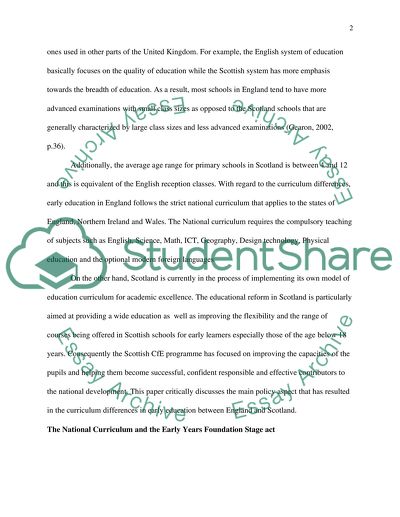Cite this document
(“Early years in the uk context Essay Example | Topics and Well Written Essays - 2000 words - 1”, n.d.)
Retrieved from https://studentshare.org/education/1474623-early-years-in-the-uk-context
Retrieved from https://studentshare.org/education/1474623-early-years-in-the-uk-context
(Early Years in the Uk Context Essay Example | Topics and Well Written Essays - 2000 Words - 1)
https://studentshare.org/education/1474623-early-years-in-the-uk-context.
https://studentshare.org/education/1474623-early-years-in-the-uk-context.
“Early Years in the Uk Context Essay Example | Topics and Well Written Essays - 2000 Words - 1”, n.d. https://studentshare.org/education/1474623-early-years-in-the-uk-context.


